Today marks 84 years since the passing of one of the world's greatest racing drivers: Bernd Rosemeyer.
Eighty-four isn't a special anniversary, but I’ve just finished reading his biography, written by his widow, Elly Beinhorn; and although she wasn't an amazing writer (instead, she was the swashbuckling German equivalent of Amy Johnson), the book paints a fascinating picture of Rosemeyer and the glamorous little world in which he lived. With his character now illuminated, rather than him being just a name on a list, it felt wrong to let the date simply slide by once again, unremarked upon.
Unremarked upon it always is, save for in niche circles. Practically nobody nowadays will, when asked for their personal list of greatest racing drivers, include Rosemeyer. And that’s quite understandable, due simply to maths: to have been a fan of his, you would have to be at least in your 90s now.
Subscribe to the Autocar Archive today
(On that note, if by some small miracle anyone who attended the 1937 Donington Grand Prix happens to read this, please do drop me a line. It must have been quite incredible for those Brits who had only ever seen little ERAs and suchlike pootling around to suddenly be hit with the deafening noise and unbelievable speed of the monsters that looked like they came from outer space, or perhaps a time machine, but in actuality nearby Germany.)
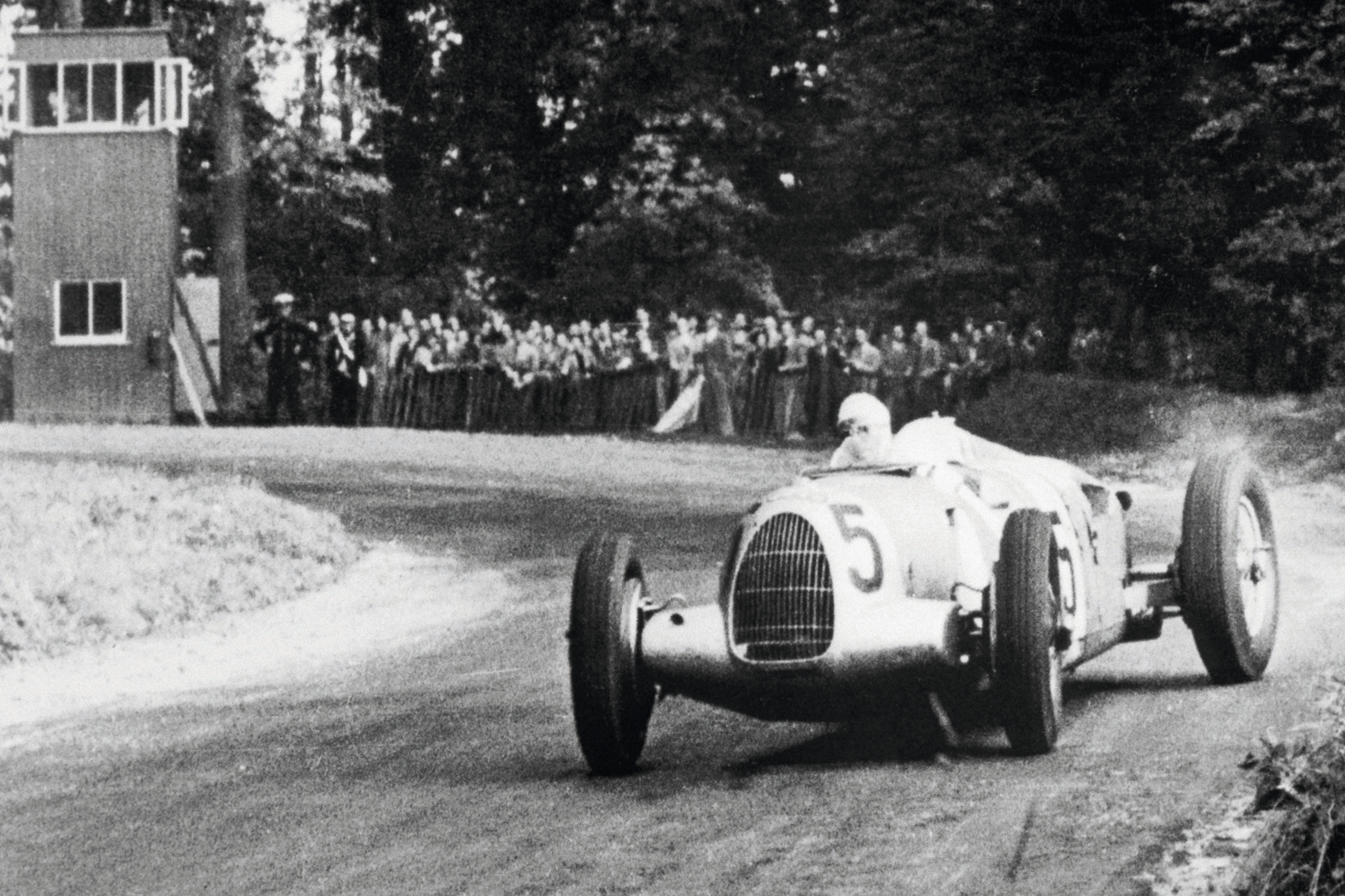 Rosemeyer was part of a group of elite drivers in the golden grand prix period of the 1930s, racing alongside the likes of Achille Varzi, Hans Stuck, Louis Chiron, Luigi Fagioli, Rudolf Caracciola and Tazio Nuvolari.
Rosemeyer was part of a group of elite drivers in the golden grand prix period of the 1930s, racing alongside the likes of Achille Varzi, Hans Stuck, Louis Chiron, Luigi Fagioli, Rudolf Caracciola and Tazio Nuvolari.
All of those names are fast fading from public memory. This happens in every field of human endeavour; achieve yet be consigned to only occasionally referenced history books within a few generations. Which saddens me, for some reason. Perhaps it’s because they say you die twice, once physically and again when somebody thinks about you for the last time. It’s a thought that I often have when I see pictures of my great-grandfather, killed in the war at just 25 – three years younger than the tragic age at which Rosemeyer died. So let me tell you about the boy from Lingen, who burst onto the scene and all too briefly burnt brighter than most.
It’s a story that begins with a scene that feels like one of Harry Enfield’s ‘When Life Was Simpler’ comedy sketches. Georg Swarting, the local representative of motorcycle maker Zündapp, stopped at the Rosemeyer family garage and happened to mention that he was a rider down for an upcoming race, due to illness. Young Bernd jumped on his BMW and proceeded to race around the forecourt, sitting backwards in the saddle and suchlike, and the gig was his. Naturally, he won this first race with ease.

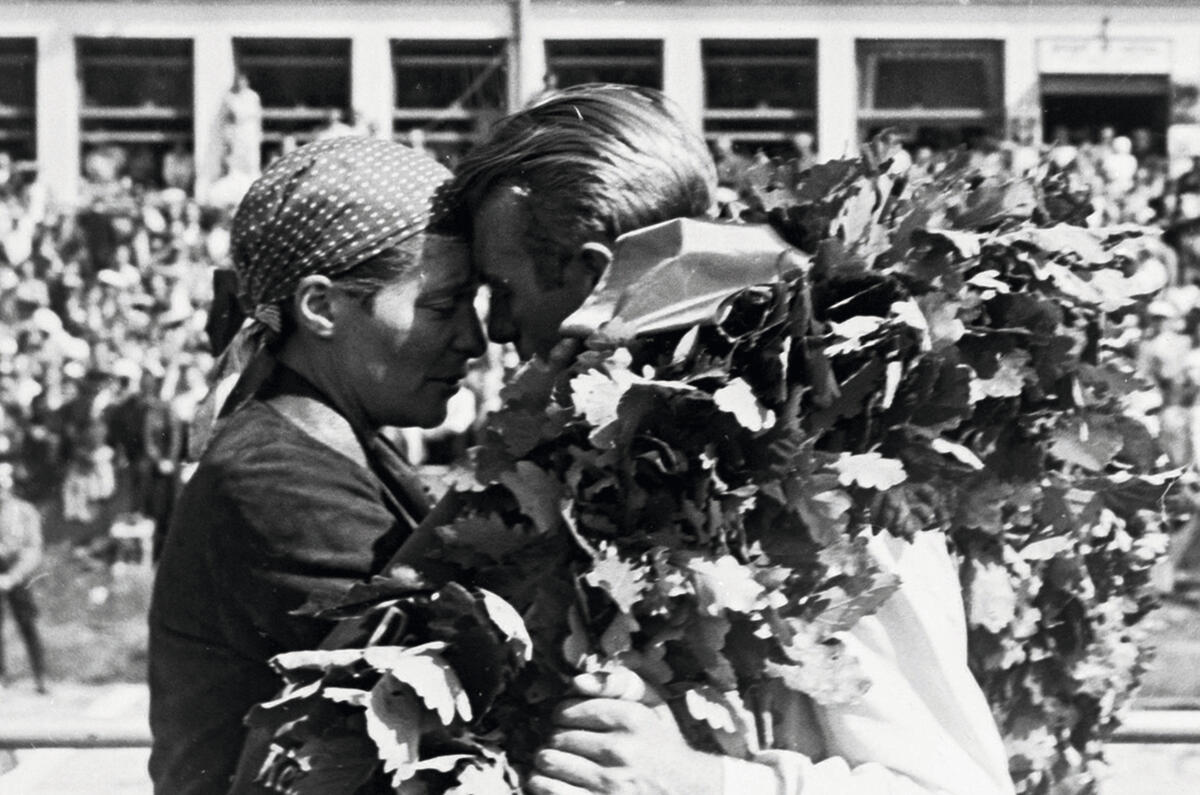
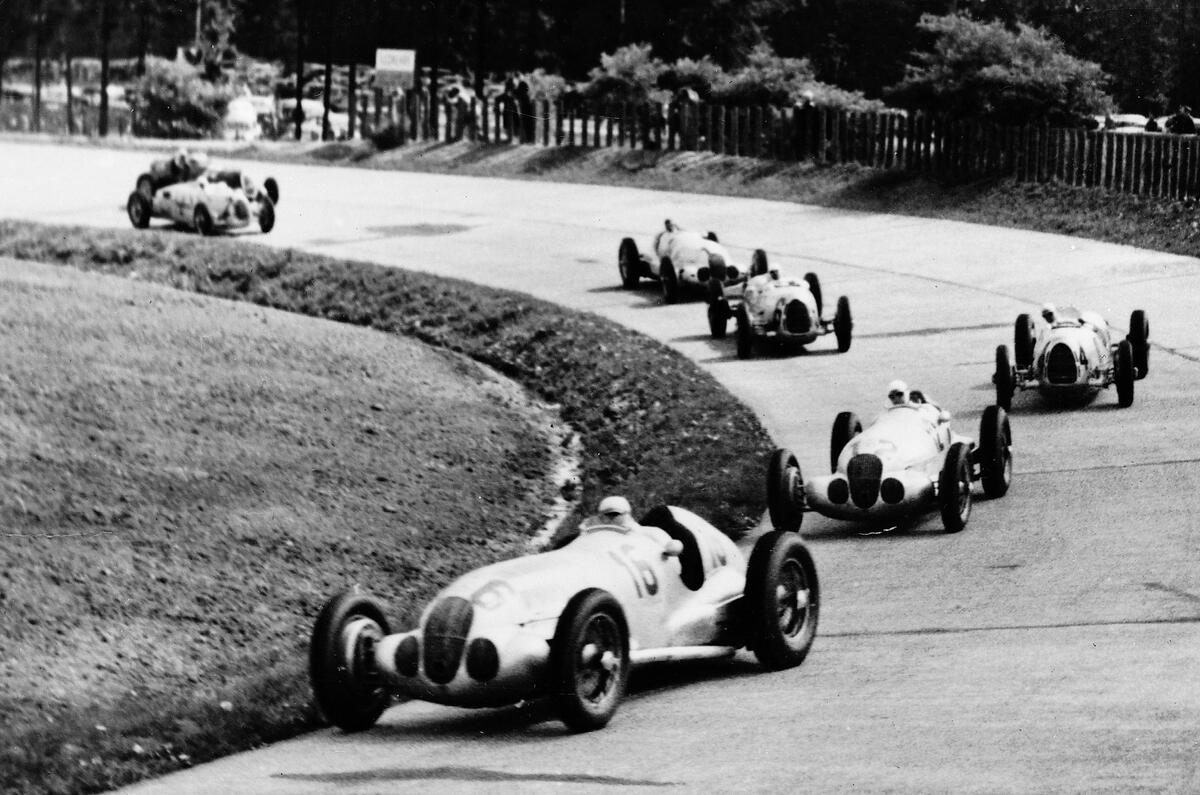
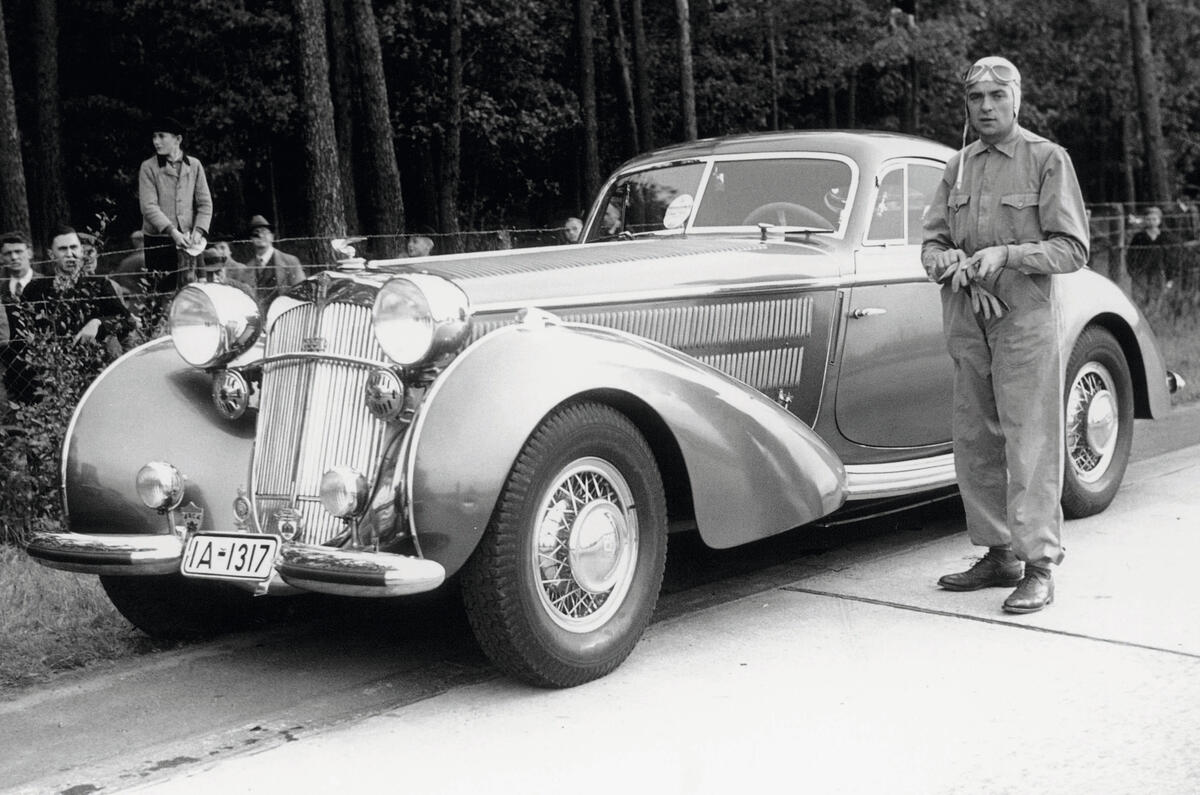
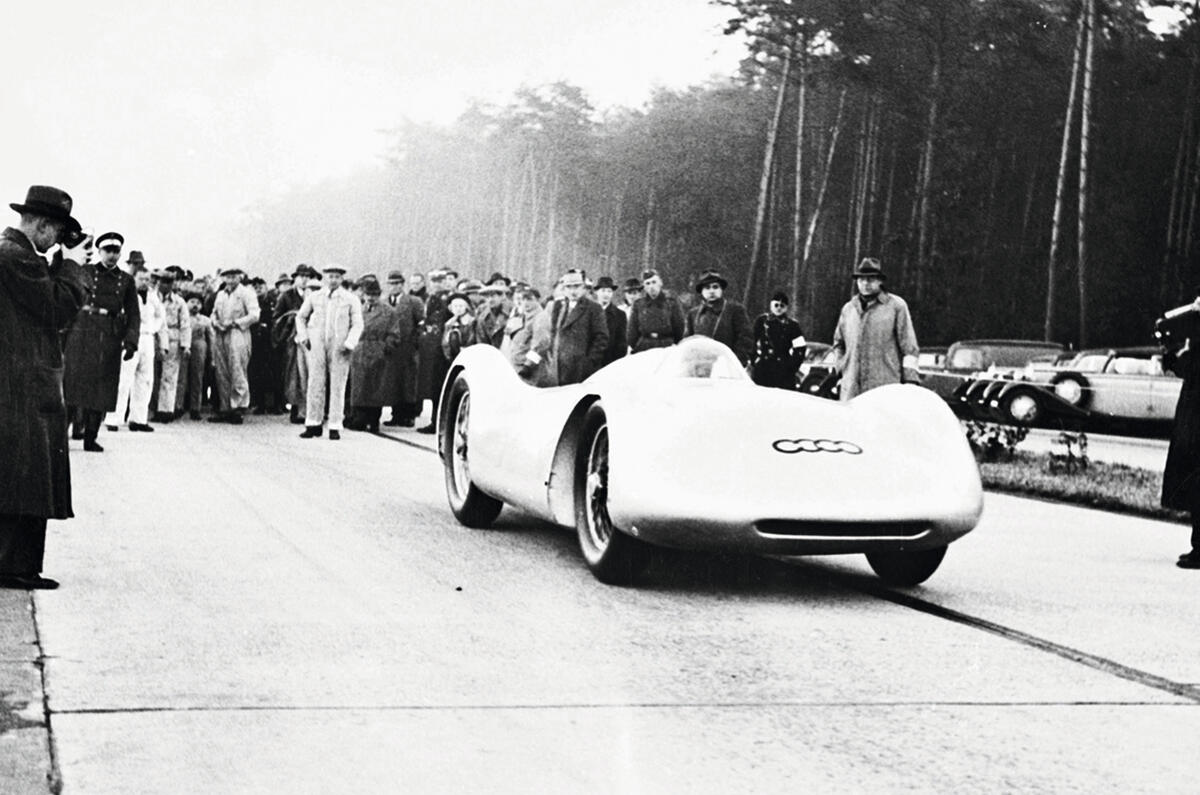
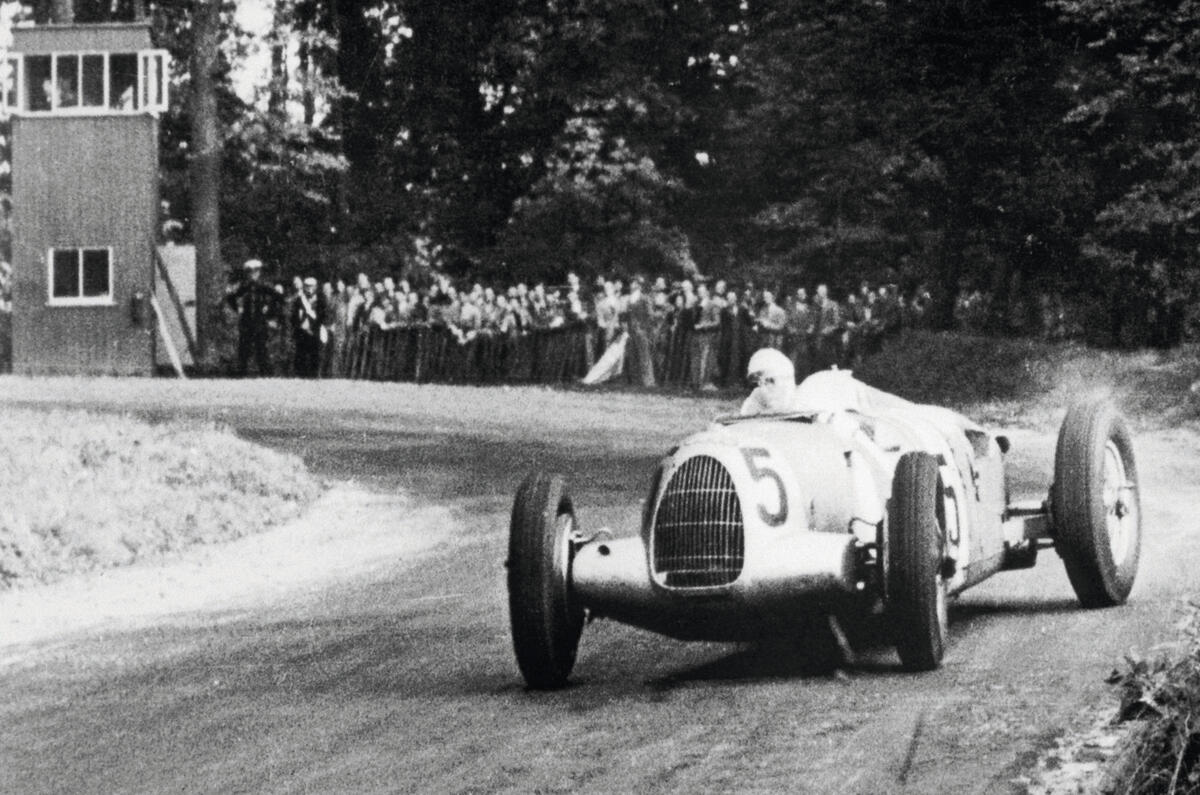
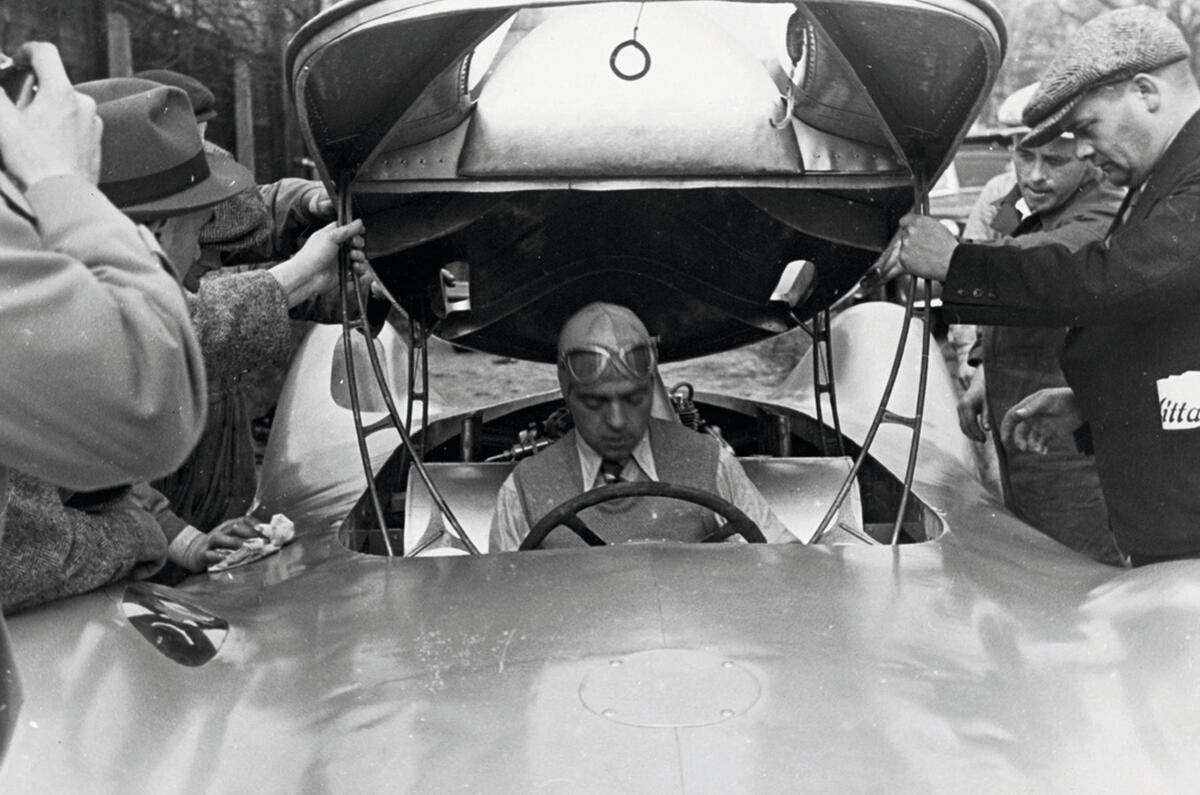
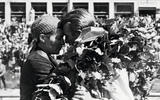
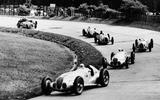
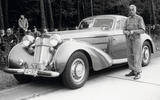

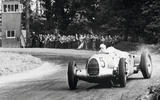
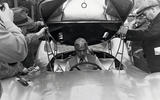

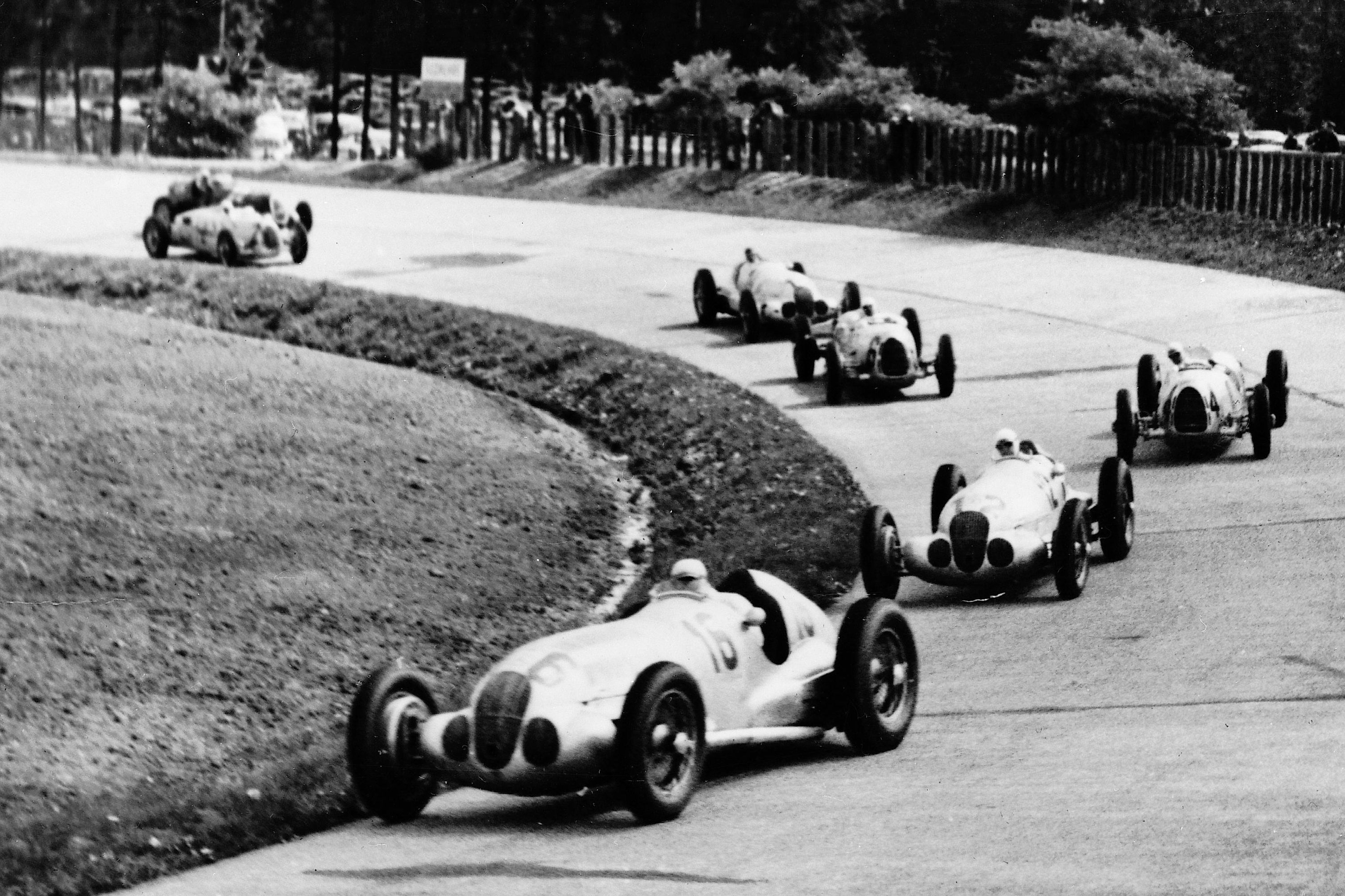 A burst tyre put paid to his debut, but weeks later he was the talk of Germany as he gave
A burst tyre put paid to his debut, but weeks later he was the talk of Germany as he gave 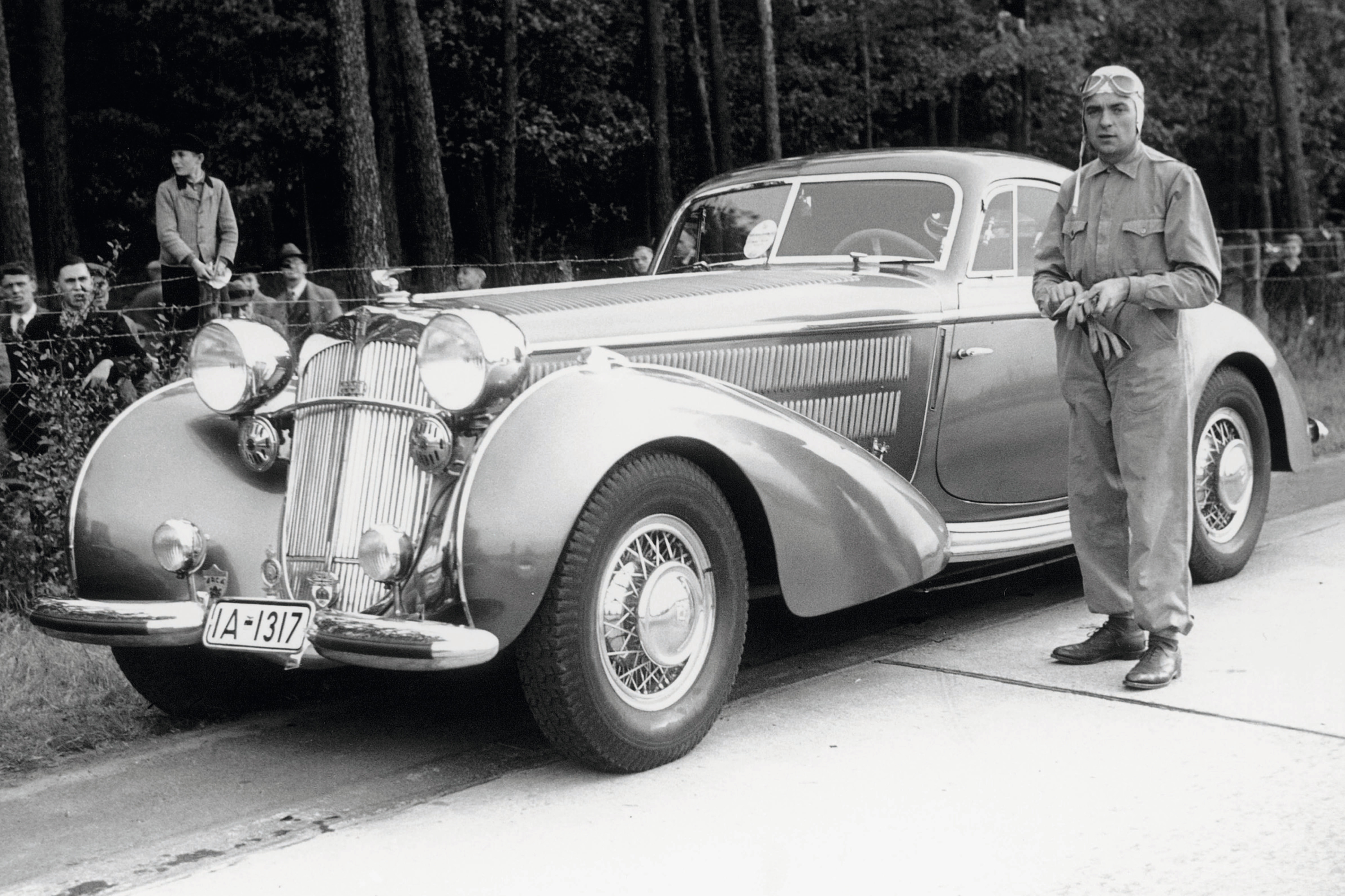
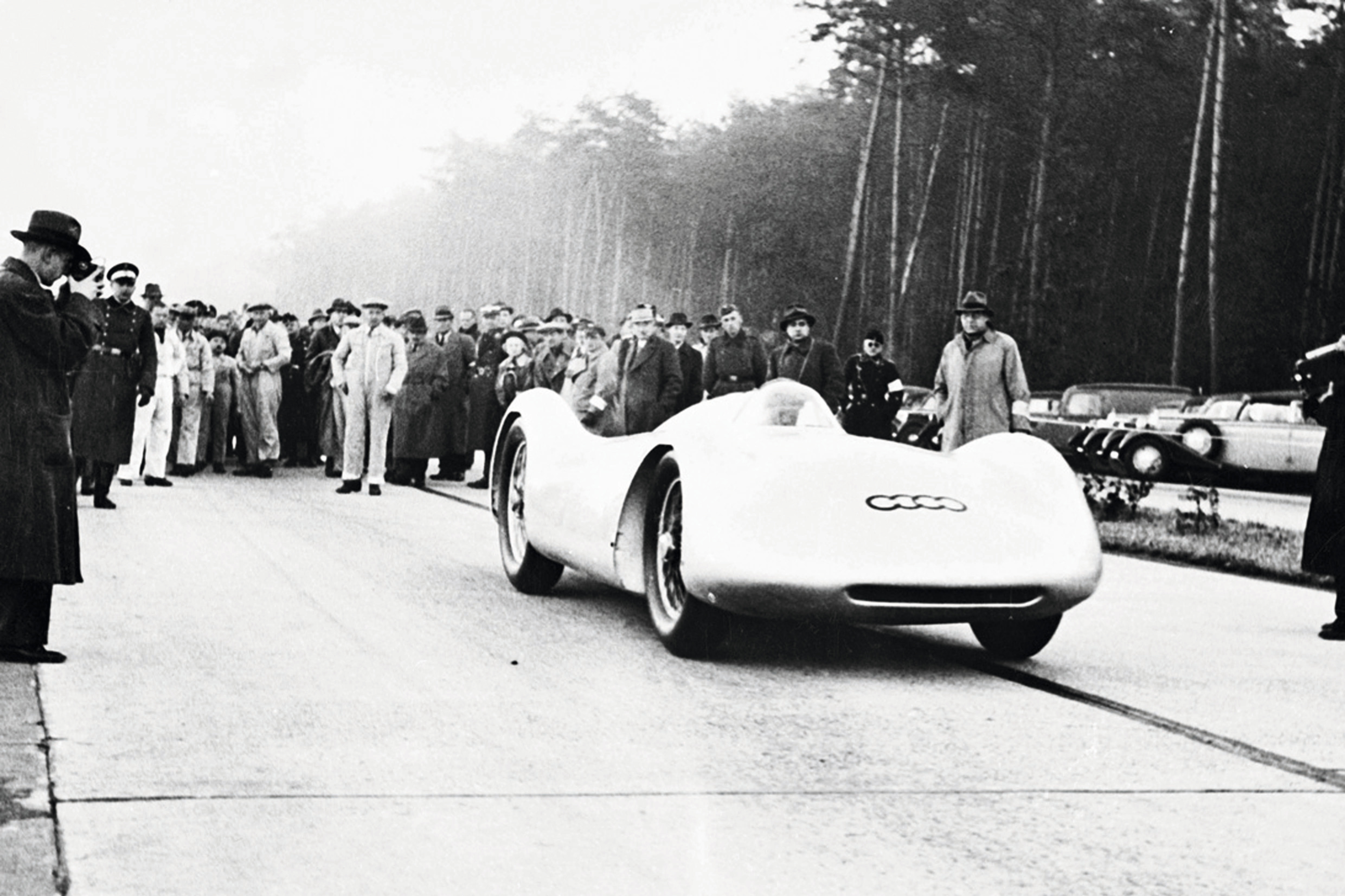
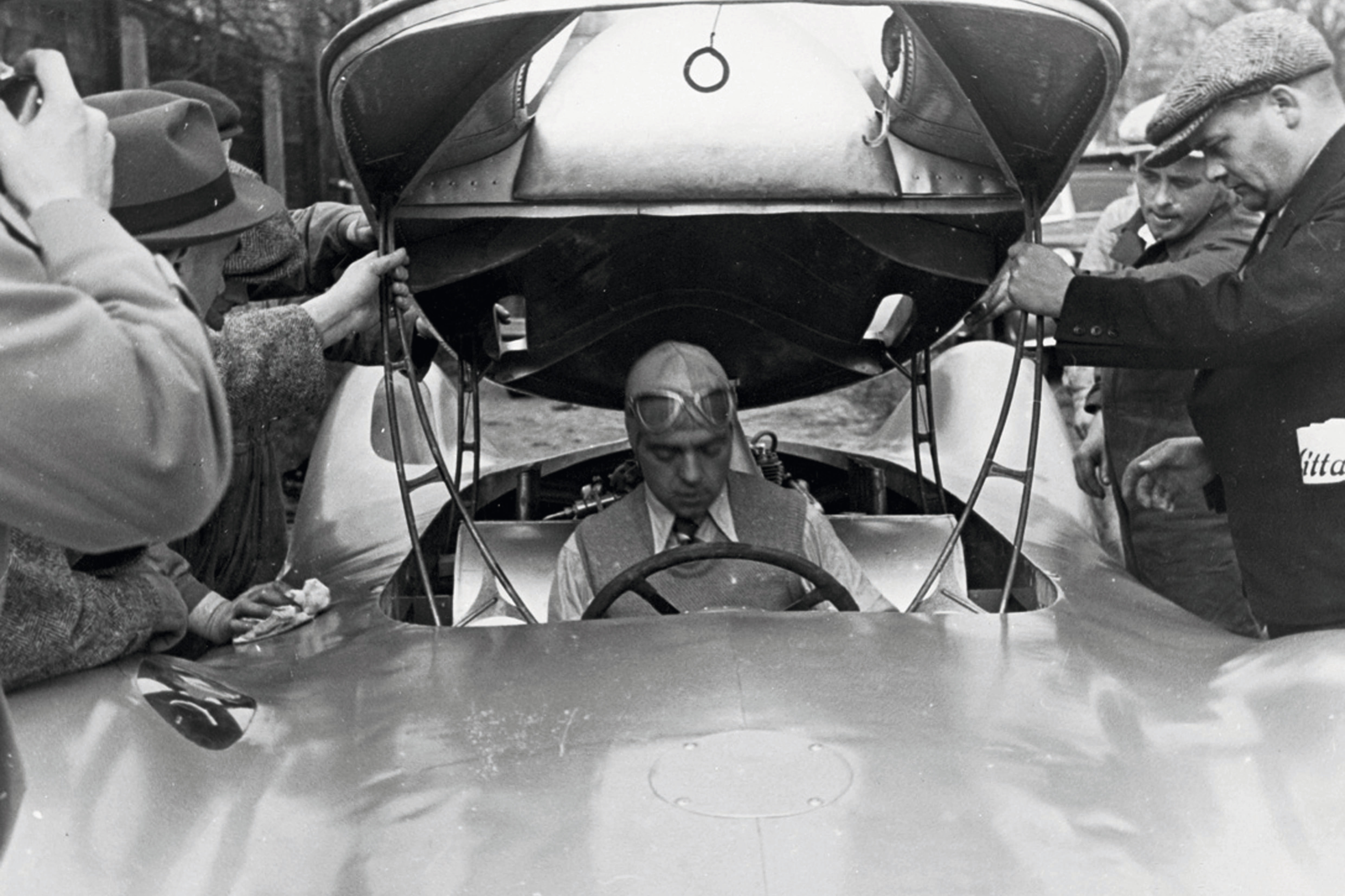


Add your comment